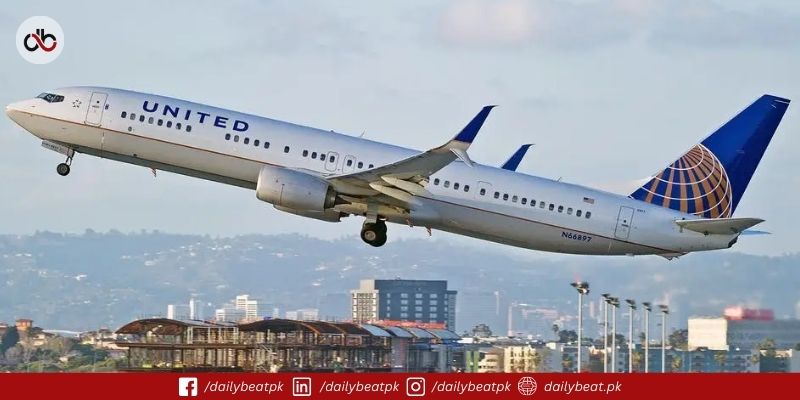United Airlines has announced that it will permanently cancel several of its existing flight routes starting in the third quarter of 2025. The move comes despite the airline posting its strongest first-quarter earnings in five years, reaching a record $13.2 billion in revenue.
The decision reflects a shift in strategy aimed at improving overall efficiency and profitability. As part of this new plan, United Airlines cancels routes that are no longer considered necessary or cost-effective. Passengers affected by these cancellations will be eligible for refunds or alternative travel arrangements.
The airline has confirmed that at least two specific routes will be discontinued for good. While it has not yet released a full list, many believe these decisions are linked to declining passenger demand on certain regional routes. This change is expected to help United better utilize its fleet and manage operational costs during periods of slower travel.
Despite these cancellations, the airline is optimistic about its performance moving forward. In its earnings report, United stated it expects “resilient earnings in Q2 and full year 2025,” even as it operates in an uncertain global economy. This confidence comes from its strong financial performance and a revised business model that includes smarter scheduling and reduced domestic flight capacity.
For those wondering “Why United Airlines cancelled flights,” the answer lies in a combination of fleet efficiency, route demand, and long-term strategy. The company is trimming routes that are underperforming or less profitable while focusing on high-demand areas to maintain profitability.
Travelers may also be asking, “What is going on with United Airlines today?”
The short answer is that the airline is restructuring. These changes are not due to a crisis or emergency but are part of a calculated effort to boost long-term sustainability. United is also adjusting flight frequencies, especially on low-demand days, to better align with customer needs and market trends.
As part of United Airlines’ latest news today live, many passengers are already being contacted about route cancellations and their available options. Those with bookings on the affected flights are encouraged to check their email or log into their United account to review new itineraries or refund procedures.
This news may impact travelers in cities that rely on smaller United routes, but it is unlikely to affect the airline’s main hubs or international services. Analysts believe the decision to streamline operations will allow United to stay competitive in an industry facing higher fuel costs and fluctuating travel demand.
In summary, United Airlines cancels routes as part of a broader business realignment, but the airline remains strong financially. These strategic cuts are not a sign of weakness but a move to secure long-term growth in a shifting travel landscape.















